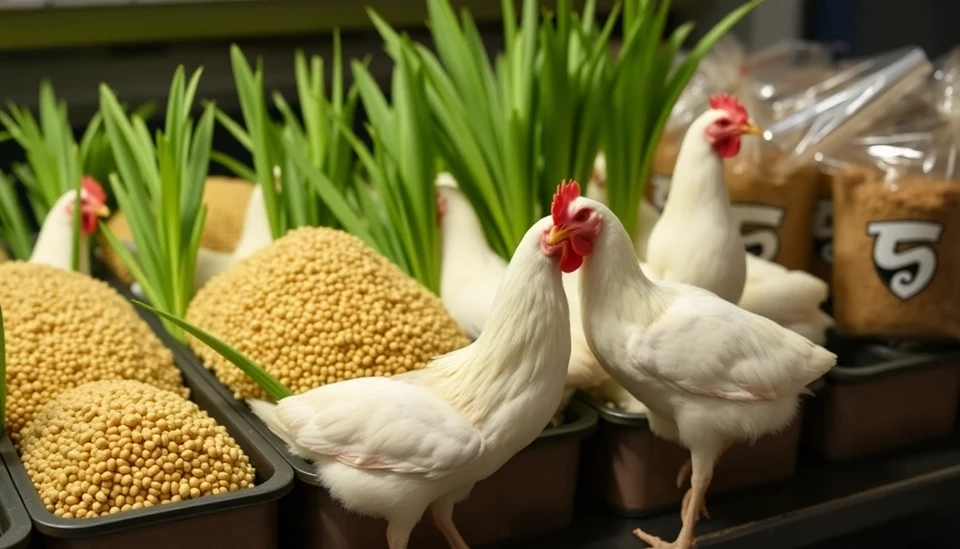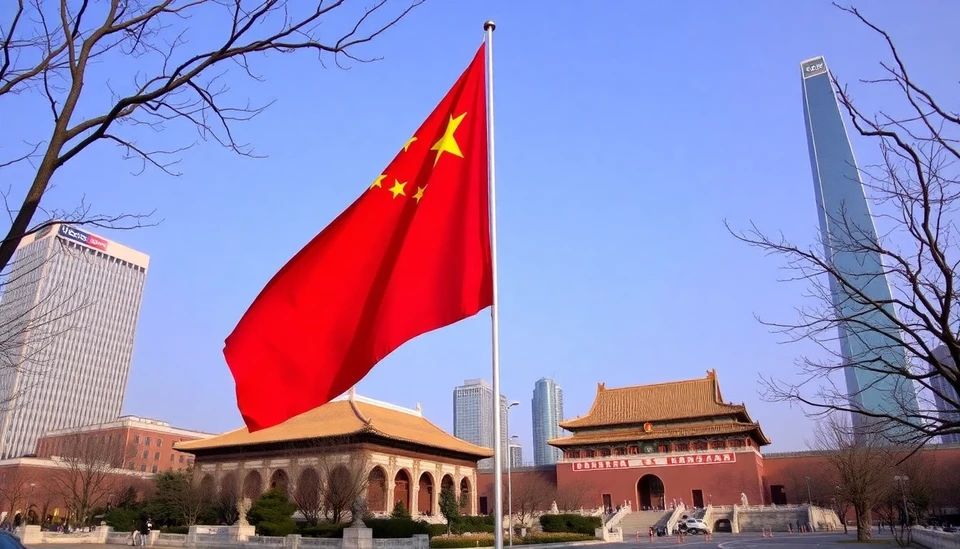
In a significant shift within the agricultural sector, China has reported a noticeable decline in its corn imports, suggesting a troubling downturn in consumer confidence amidst a challenging economic landscape. The drop in demand for imported corn—used primarily for livestock feed—could have far-reaching implications for both domestic farmers and international suppliers.
Recent data shows that Chinese corn imports fell sharply in November, a trend that analysts attribute to a combination of factors including sluggish purchasing power and shifting consumer behaviors in the wake of economic uncertainties. Observers are closely monitoring how these developments could affect China's agricultural policies and its broader economic recovery efforts.
Historically, China has been one of the world’s largest corn importers, leveraging its massive livestock industry to drive demand. However, significant fluctuations in the market have raised concerns over how sustained low imports may jeopardize the livelihoods of farmers both within and outside of China. With the nation's decision-making heavily influenced by maintaining domestic stability, this trend poses potential challenges for global corn suppliers relying on the Chinese market.
Industry experts note that the fear of a prolonged economic downturn has made consumers more cautious, prompting them to cut back on spending. This is not only reflected in the corn import figures, but also in the broader market as purchasing decisions shift toward essential goods rather than commodities that have been historically viewed as synonymous with growth.
The reduction in corn imports also reflects China’s attempts to bolster its self-sufficiency in food production. This has been a longstanding goal of the Chinese government, aiming to mitigate the risks associated with dependency on international markets. However, with domestic production pressures mounting, the country's efforts to achieve self-reliance have been met with mixed results.
The continuous decline in corn imports could lead to increased volatility in global corn prices, as farmers and exporters adjust to China's new consumption patterns. Without a significant uptick in demand from China's vast market, international suppliers may face challenges transitioning surplus stocks, thereby creating a ripple effect across agricultural trade flows.
Looking ahead, the relationship between consumer confidence and import demand will be a key focus. Analysts believe that the revival of consumer spending is crucial for stabilizing the market, indicating that improved economic conditions may ultimately restore import levels. Until then, the decline in corn imports serves as a stark indicator of the challenges facing both the Chinese economy and global agricultural markets.
As the situation continues to evolve, stakeholders and consumers alike are urged to stay attentive to further developments in China’s economic policies and their impacts on both domestic and international corn markets.
#China #CornImports #ConsumerConfidence #AgriculturalMarket #EconomicTrends #GlobalTrade
Author: Laura Mitchell




